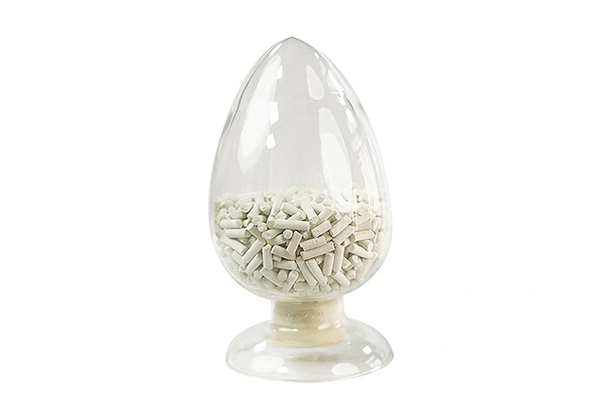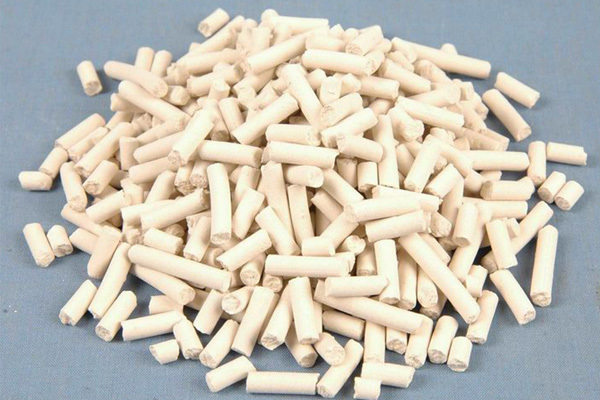
Product Description
1. Performance Characteristics and Applications
Chlorine is a common catalyst poison, and chloride ions have high mobility, which not only corrodes equipment but also reduces the activity of catalysts, leading to poisoning of downstream catalysts. To address the shortcomings of traditional dechlorination agents, such as poor strength, low removal precision, and small chlorine capacity, our company has developed the JTL-type dechlorination agent. This catalyst has advantages such as high strength, good water resistance, high removal precision, and large chlorine capacity, and can be used in processes such as hydrogenation, chlorine production, polymerization, and methanol synthesis to generate chlorine, protect valuable catalysts in subsequent processes, and reduce equipment corrosion. The dechlorination precision is <0.1ppm. It also has a good removal effect on sulfides such as H2S.
Keywords: desulfurization, adsorption, purification

Dechlorination agent
Classification:
Related Products
XH Series Activated Carbon Desulfurizer
T5 Series Ambient and Medium Temperature Hydrolysis Catalysts
YTL-101 Dimethyl Ether Catalyst










